28.03.2022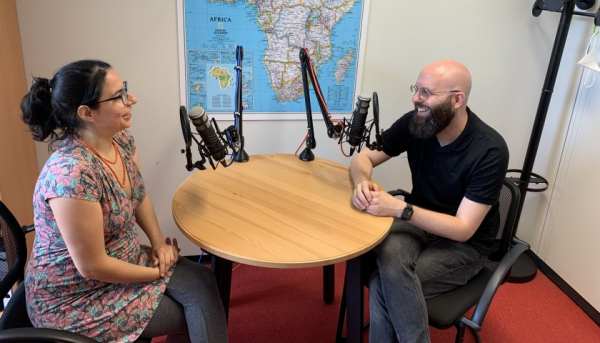
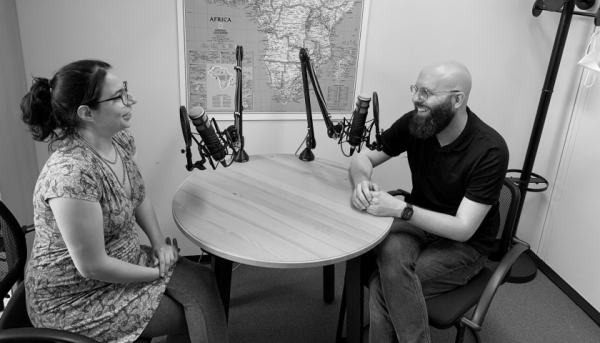
Together with Jonas Bens from the Collaborative Research Center “Affective Societies” at Freie Universität Berlin, our Senior Researcher Nur Yasemin Ural produced a Podcast on "The colonial affects of secular Europe" for the Podcast series of the Affect and Colonialism Web Lab. The Podcast series aims to shed a critical light on colonialism’s affective lives and afterlives.
more 14.03.2022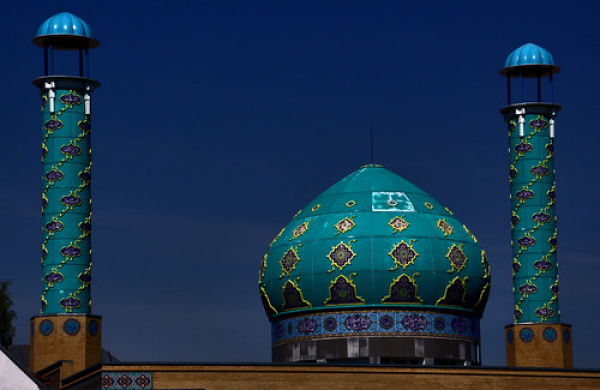
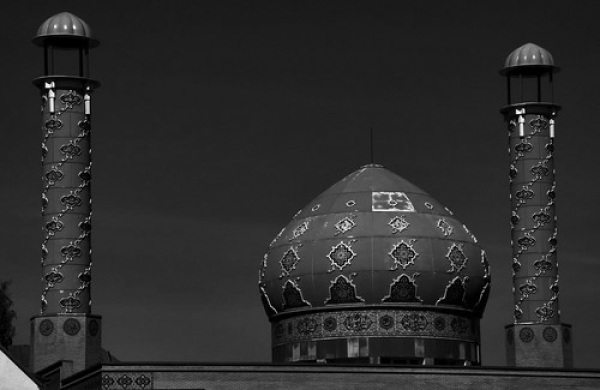
Our Senior Research Fellow Dietrich Jung reflects on the current state of academic freedom in Denmark. Drawing on his personal experiences researching modern Islam, he observes a tendency towards increasing public and political pressure on independent research on controversial topics, which could ultimately endanger the academic integrity and freedom of Danish research.
more 07.03.2022

Taking into account the dynamics of the current developments, this is a continuation of Sebastian Rimestad's previous bulletin entry. Whereas his first article provided a basic understanding of the Orthodox view of the conflict in Ukraine, this one analyses a number of new developments, especially the latest utterances of Patriarch Kirill of Moscow.
more 04.03.2022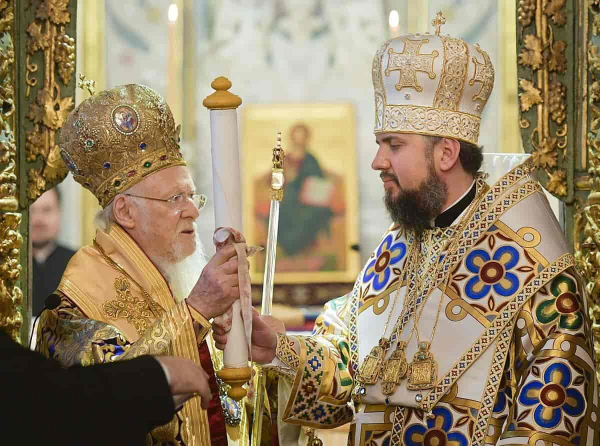
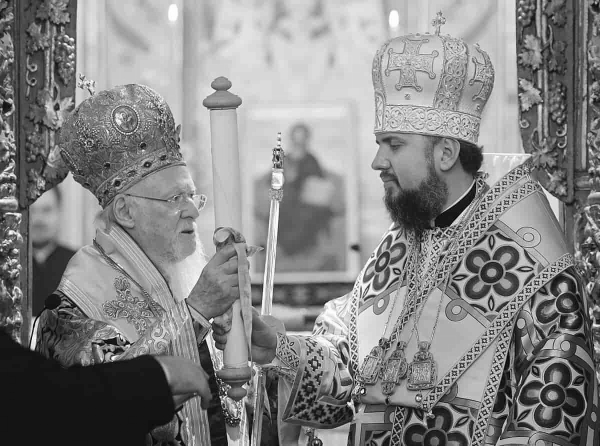
Against the backdrop of the ongoing Russian military assault, our former Senior Research Fellow and current Heisenberg Fellow at the Institute for the Study of Religions at Leipzig University Sebastian Rimestad sheds light on Orthodox Christianity in Ukraine and its role in the conflict. He points out the role of the religious aspect for the perception of the conflict and in the run-up to it, and also hints at how the religious landscape might ultimately be affected by it, but he seriously doubts that religion can play a decisive role in resolving the conflict.
more 02.12.2021The panel “The Formation of the Concepts of Secularity/Secularism in the Arab/Islamicate Worlds”, was held at University of Osnabrück from 16 to 18 September 2021, in hybrid format. It was organised and chaired by Housamedden Darwish, as part of the 27th International DAVO Congress, which was jointly organized by the Institute for Islamic Theology, and the German Middle East Studies Association for Contemporary Research and Documentation (DAVO).
more 11.10.2021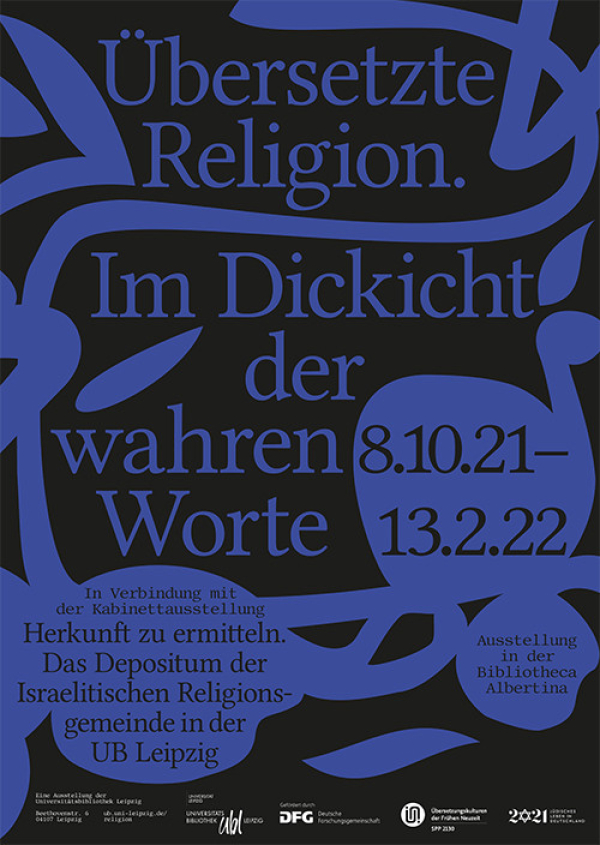
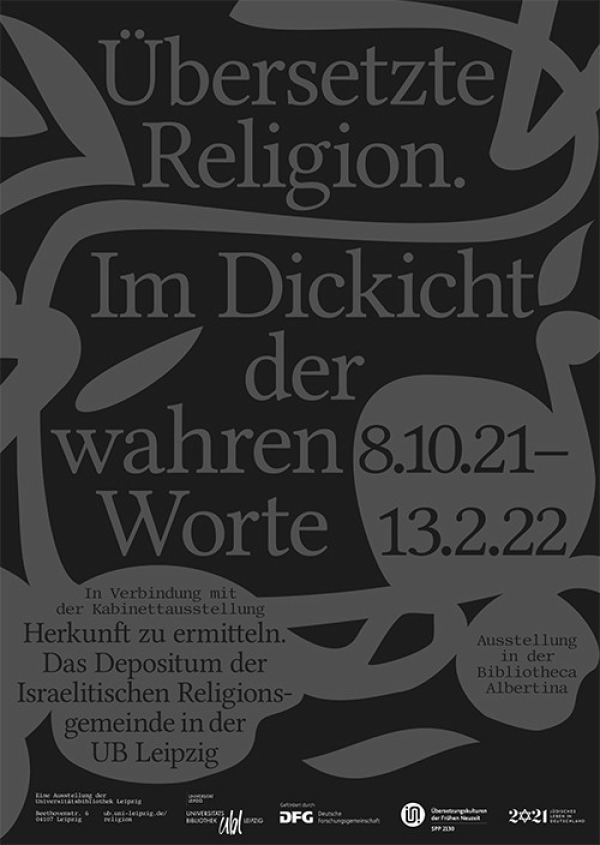
The KFG's associated member Katja Triplett is the curator of a current exhibition on „Translated Religion: In a Forest of True Words” at Leipzig University's Bibliotheca Albertina (8 October 2021-13 February 2022).
more 17.08.2021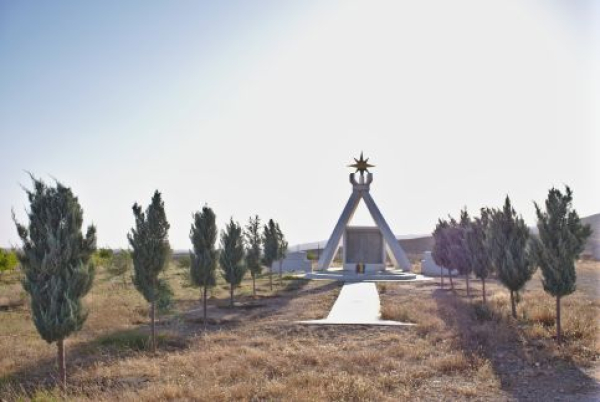
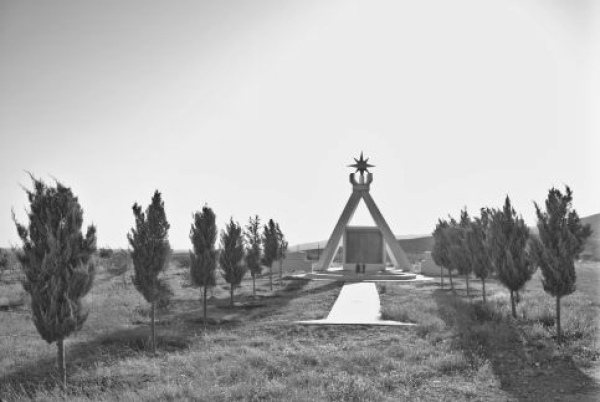
In his account of recent developments in Sinjar, northern Iraq, Benjamin Raßbach analyses the (re-)construction of sacral architecture after the defeat of ISIS in the region with regard to the varying conceptions of religious, ethnic, and political identity of the involved groups and their agendas.
more 08.08.2021

Opening on 15 June, Islamkolleg, a university training site for Imams, is the first academic institution in Germany to offer such training. Our associate researcher Lena Dreier reflects on the effects the establishment of an academic Imam training in Germany has in different areas of tension: Between various Islamic theological branches, between political and religious claims, between co-operation and religious autonomy and within various European models of training Imams and new Islamic knowledge.
more 08.04.2021The workshop “Realising Understanding: Language in Cross-cultural Migration/Integration and Secular-Religious Contexts” took place online, on 18 February 2021. It was co-organised by Housamedden Darwish and Jan-Christoph Heilinger, and was generously funded and supported by Academics in Solidarity.
more 29.03.2021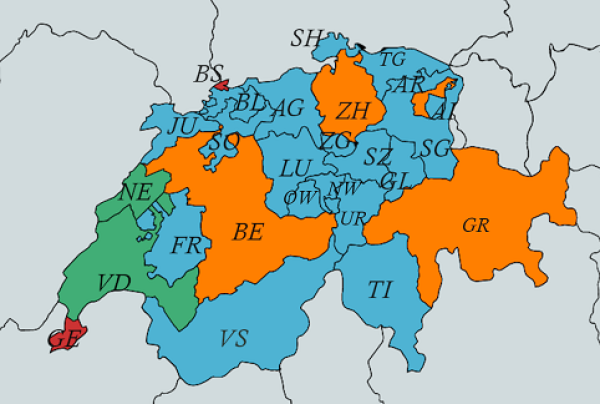
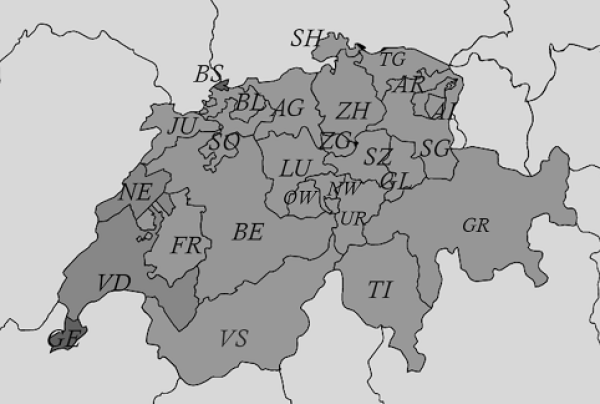
On 7 March, 51.4% of the Swiss population voted in favour of an article prohibiting the covering of one’s face in public. Reinhard Schulze, director of the Forum Islam and Middle East (FINO) at the University of Berne, discusses the political preconditions and implications of this result and locates them within an unresolved conflict between secularism and laïcism.
more 25.02.2021
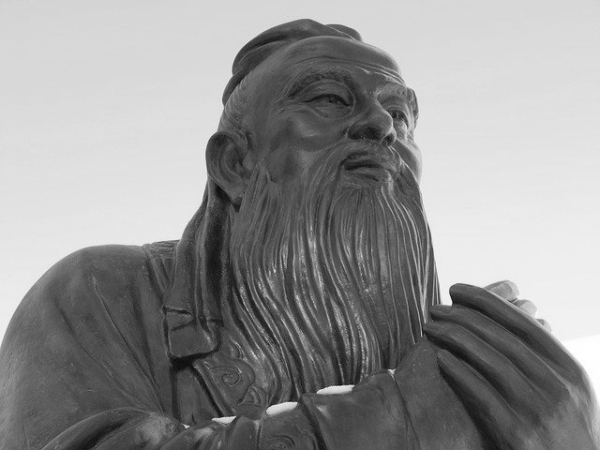
The considerable national differences in infection figures and mortality rates in connection with Covid-19 raise questions about the causes for national successes or failures in the fight against the virus. Our director Christoph Kleine critically engages with explanations that stress cultural preconditions as causal factors.
more 14.12.2020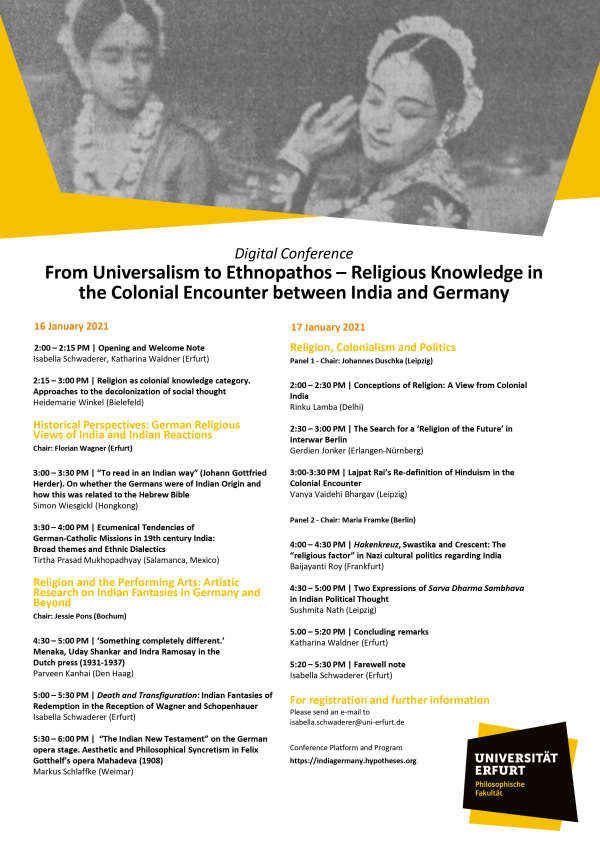
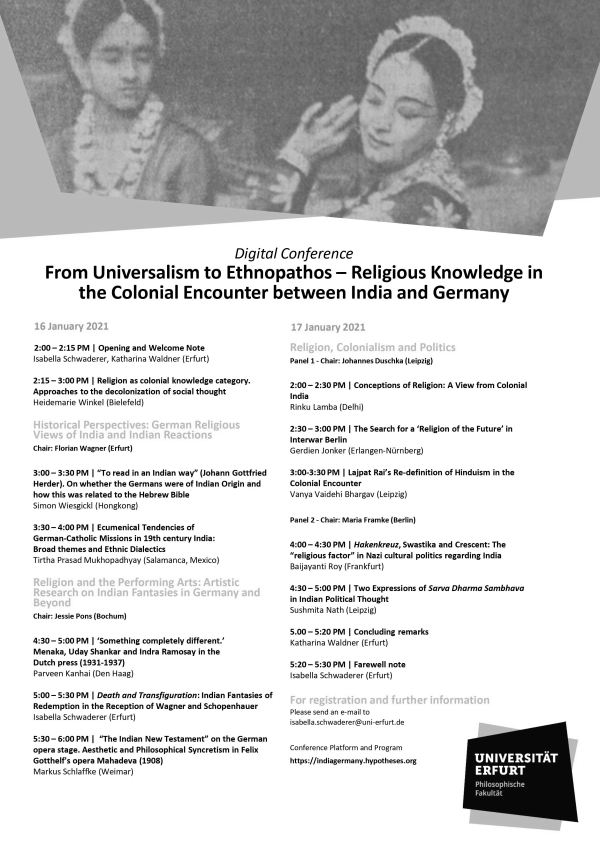
On 16-17 January 2021 the University of Erfurt hosts the digital conference From Universalism to Ethnopathos – Religious Knowledge in the Colonial Encounter between India and Germany organised by Isabella Schwaderer. Among the participants of the two day event are a number of former and current members and associates of the KFG "Multiple Secularities".
more